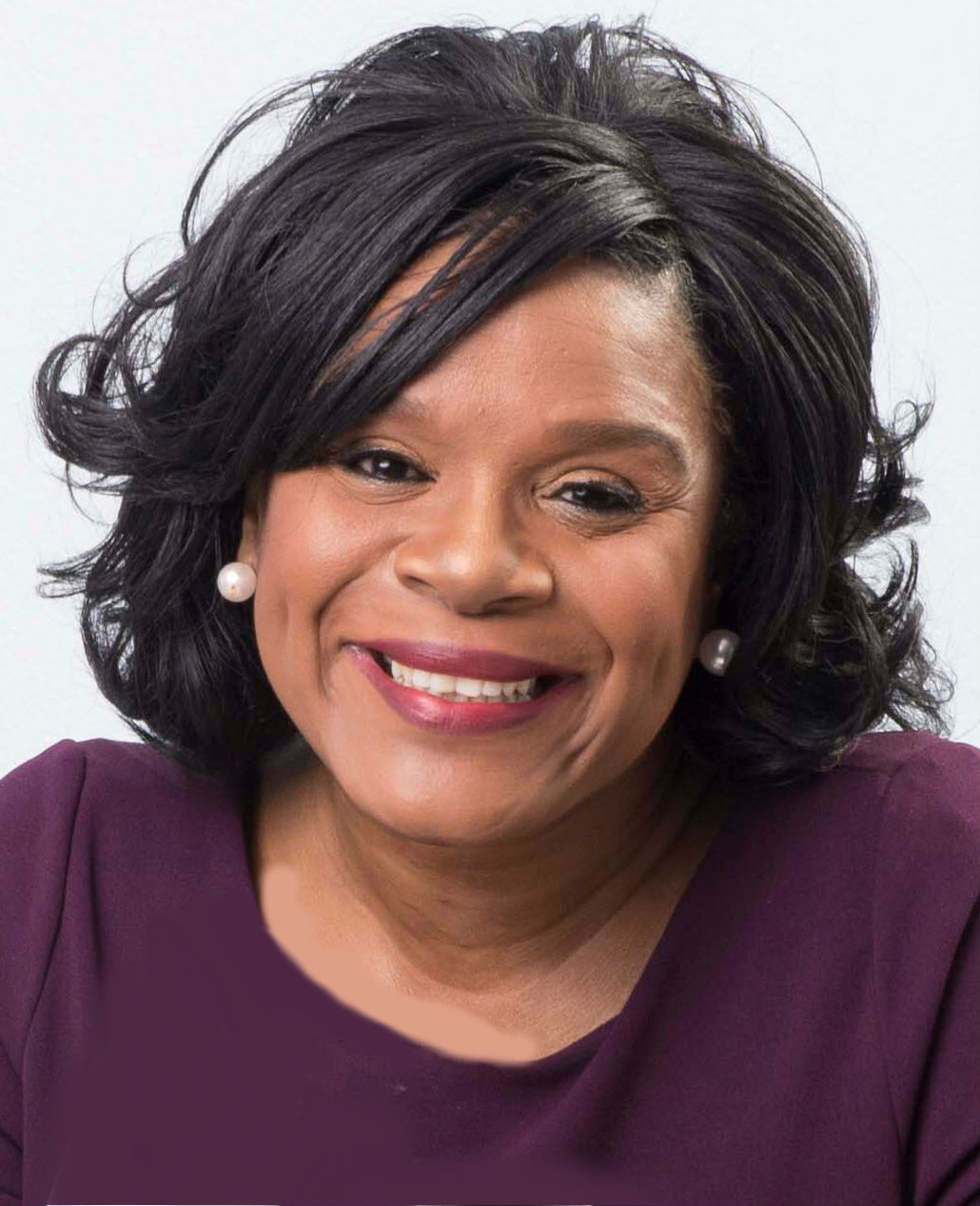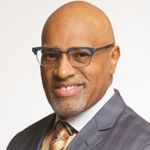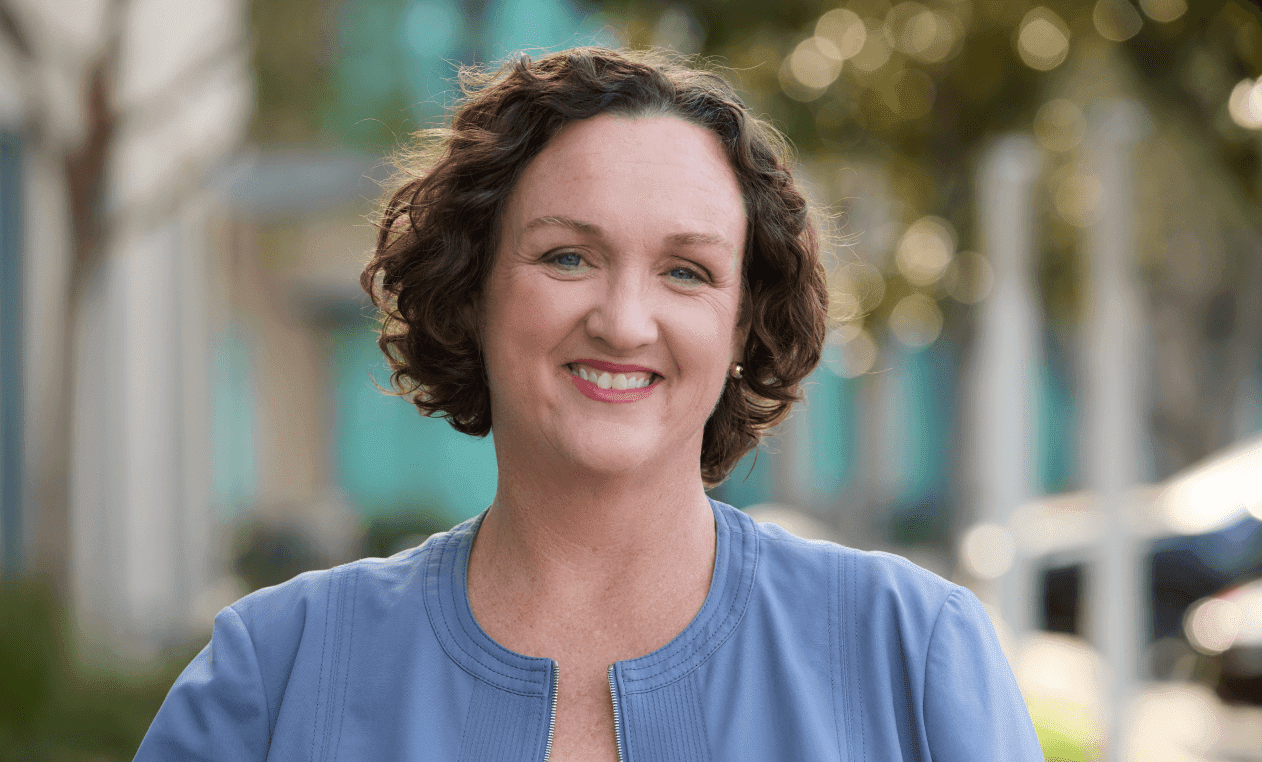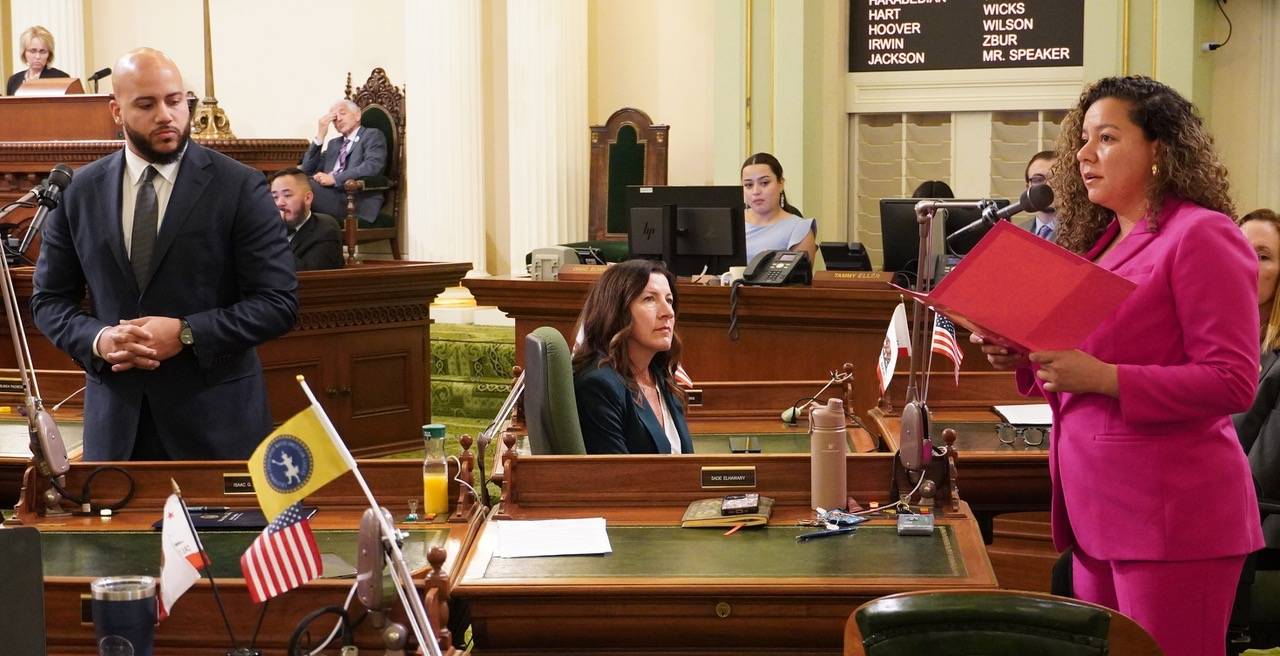Riverside, CA — Starting on Aug. 6 and continuing through Aug. 7, the Inland Empire Community Foundation (IECF) Philanthropy and Policy Summit brought together leaders from philanthropy, nonprofit organizations, education, media and public health to address equity, civic engagement and well-being in the region—especially critical as federal funding continues to fall.
Angela Glover Blackwell, founder of PolicyLink, delivered a keynote tracing a legacy of progress despite historic inequities.
Reflecting on her grandmother, she said, “Times have been much worse, but what I have never seen is a backslide.”
Blackwell urged listeners to recognize the strides made in leadership across communities, all while holding fast to the importance of asking hard questions.
In conversation with Paulette Brown Hinds, Chair of the IECF and founder of Voice Media Ventures, Blackwell emphasized the importance of inclusive leadership and civic courage.
Later, in response to a question about retreating political landscapes, Blackwell noted, “This is a time to be brave,” adding that supporting inclusion is also “common sense,” because “if we want to live in a thriving society, we have to invest in the people who make up the society.”
To those struggling to find hope, she advised the audience that hope is an active endeavor.
“If you want to be a practitioner of hope, you need to know it is not just wishing,” she said. “It is exercising the discipline of hope.”
Outlining steps, Blackwell said that members of the community should be “educating yourselves, finding out what others are doing, and assigning yourself to be part of the solution.”
Monte Roulier, President and co-founder of Community Initiatives Network—a strategist and facilitator known for guiding community partnerships toward healthier outcomes—opened day two of the summit with a segment titled “Building Common Ground: Day of Activation.”
Next was the Call to Action for Community Health panel that featured Akunna Chilaka, a Master of Public Policy candidate at UC Irvine and 2025–2026 Administrative Fellow at UCR School of Medicine; Jarrod McNaughton, CEO of Inland Empire Health Plan (IEHP), one of the largest nonprofit Medicaid and dual-eligible health plans in the U.S.; and Gabriel Maldonado, founder and CEO of TruEvolution.
Chilaka pushed for inclusion in philanthropic efforts, asking, “Who’s at the table and why? And who’s not.”
McNaughton challenged philanthropists to be present.
“You’ve got to get out and you’ve got to meet the people,” McNaughton said.
Chilaka mentioned the need for lived understanding.
“We need to have people who understand the community,” Chilaka said.
Justine Ross led “Building Common Ground Through Data”, spotlighting how leveraging regional data can help build “civic muscle” and develop “multisolvers”—solutions addressing multiple interrelated issues in the Inland Empire.
Participants had breakout discussions around themes such as building generational wealth, launching “Yes In My Backyard” housing campaigns, ensuring humane and affordable housing and enhancing walkability across the region.
That afternoon’s “Town Hall: Philanthropy & This Moment” panel featured top philanthropic leaders, including Michelle Decker, CEO of the Inland Empire Community Foundation; Don Howard, President and CEO of The James Irvine Foundation, focused on economic opportunity; Chet P. Hewitt, President and CEO of Sierra Health Foundation, directing health-oriented grants across Northern California; Veronica Carrizales, Managing Director of Programs at the California Wellness Foundation; and Isa Ellis, Deputy Director of Education Pathways for U.S. Programs at the Bill & Melinda Gates Foundation, leading a national strategy to connect education and employment outcomes.
Decker framed the challenge succinctly.
“There’s not enough philanthropy to backfill all of the cuts,” Decker said.
National reports substantiate her concern, noting that federal reductions, such as slashed AmeriCorps funding and pared-down environmental justice initiatives, are straining nonprofit capacity, especially in underserved regions like the Inland Empire.
Ellis underlined the importance of investing in those doing the work locally.
“Who are the people on the ground doing the work?” Ellis said. “We need to invest in those people.”
Hewitt invoked democracy’s foundation and translation, “people power,” and cautioned that the nation’s greatest untapped resource remains potential, calling it the “most wasted commodity in the U.S.”
Echoing the earlier keynote, he reaffirmed that hope must be treated as a “discipline.”
As federal supports wane, the Summit crystallized a call for philanthropic action that is strategic, accountable and community-centered—not just funding problems, but empowering people and communities to lead lasting change.







